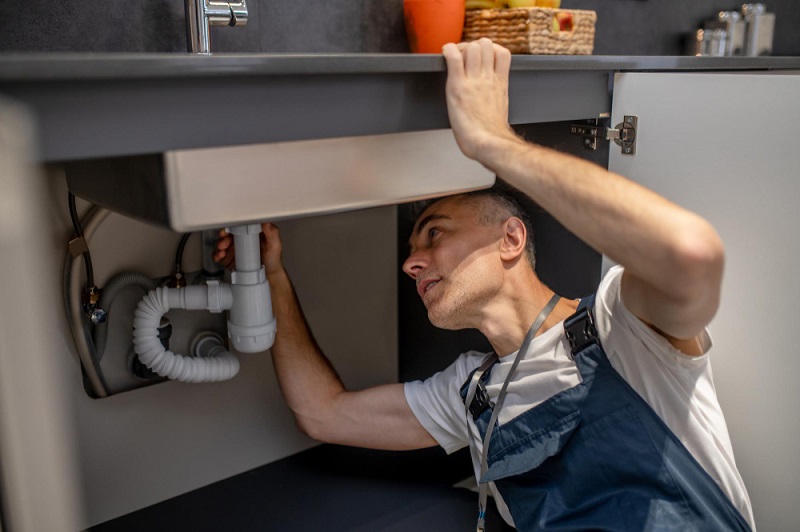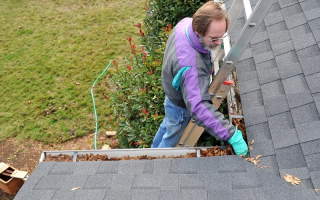As we grow more conscious of our environmental footprint, we’re constantly examining aspects of our lives with new scrutiny. But what about our drainage systems? Have you ever stopped to consider the impact of blocked drains on the environment? Could something as seemingly innocuous as a blocked drain contribute to the ongoing environmental crisis? This post will delve into the complicated relationship between our household drains and the wider environment. We’ll explore the repercussions of blocked drains and offer some preventative measures we can all take to reduce the environmental fallout.
Blocked drains, quite simply, represent an insidious ecological problem. Most of us dismiss the occasional blocked drain as a minor inconvenience, but the cumulative effect is far graver than we typically recognize. The chemicals we use to resolve these blockages often exacerbate the problem, seeping into our soil and water systems, and complicating an already complex issue.
How does this work? How does a blocked pipe in our homes translate into harm befalling our ecosystems? Let’s unpack this problem, piece by piece, and unravel the mystery that is the environmental impact of blocked drains.

Why Do Drains Get Blocked?
Understanding the environmental repercussions of blocked drains starts with understanding why drains get blocked in the first place. One of the primary causes is the inappropriate disposal of waste. Non-degradable items such as sanitary products, diapers, or wipes often find their way into our drainage systems, leading to obstructions.
A secondary culprit is the improper disposal of fats, oils, and greases. When these substances cool down, they solidify, often causing blockages in our drains. The unwelcome combination of solid waste and greasy substances creates a potent cocktail that effectively chokes our drainage systems, leading to the consequences we’ll discuss further.
The Chemical Threat
To clear blocked drains, people often resort to harsh chemical drain cleaners without considering their environmental impact. These cleaners can contain harmful substances such as sulphuric acid or lye, both of which are highly corrosive.
These chemicals don’t simply vanish once they’ve dealt with the blockage. They make their way into our wastewater treatment plants where they interfere with the treatment process. Some may even bypass the treatment process altogether, making their way directly into our rivers, oceans, and groundwater, causing long-term harm to aquatic ecosystems.
The Overflow Problem
Blockages often lead to an overflow of untreated sewage. This overflow can seep into the surrounding soil, contaminating our groundwater, or enter nearby water bodies. Raw sewage contains potentially harmful bacteria and pathogens that pose a threat not only to human health but also to wildlife, particularly those in aquatic environments.
The Knock-On Effects
Untreated sewage or harmful chemicals in our waterways bring about devastating knock-on effects. The chemicals can lead to a drop in water pH, causing harm to aquatic life, while the pathogens in untreated sewage can spread disease.
Additionally, these pollutants can result in algae blooms, which consume oxygen in the water once they decompose. This, in turn, depletes aquatic environments of the oxygen needed for fish and other wildlife to thrive, leading to what’s known as ‘marine dead zones’.
Prevention and Improved Practices
The key to minimizing the environmental impact of blocked drains lies in prevention and improved practices. This could mean being more mindful about what we put down our drains, disposing of hazardous waste correctly, or using environmentally friendly alternatives to harsh chemical drain cleaners.
The Role of Innovation
Innovation also plays a part in solving this problem. The development of more effective and eco-friendly drain cleaning solutions, for instance, could be a game-changer. Similarly, advances in wastewater treatment technology could better address the challenge of treating water contaminated with harsh drain cleaners.

Wrapping It Up
In conclusion, our drainage habits are having a considerable impact on our natural world. While the issue of blocked drains might seem mundane and inconsequential, it’s part of a larger, more concerning environmental narrative.
With our waterways under threat, and by extension, our entire ecosystems, it’s vital that we adapt our practices. Through mindful disposal habits, utilization of eco-friendly products, and leveraging technological solutions, we can all play a part in reducing the environmental impact of blocked drains. Ultimately, the responsibility to protect our environment is – not unlike drain management – a task that falls to each one of us, in our own homes, every single day.




